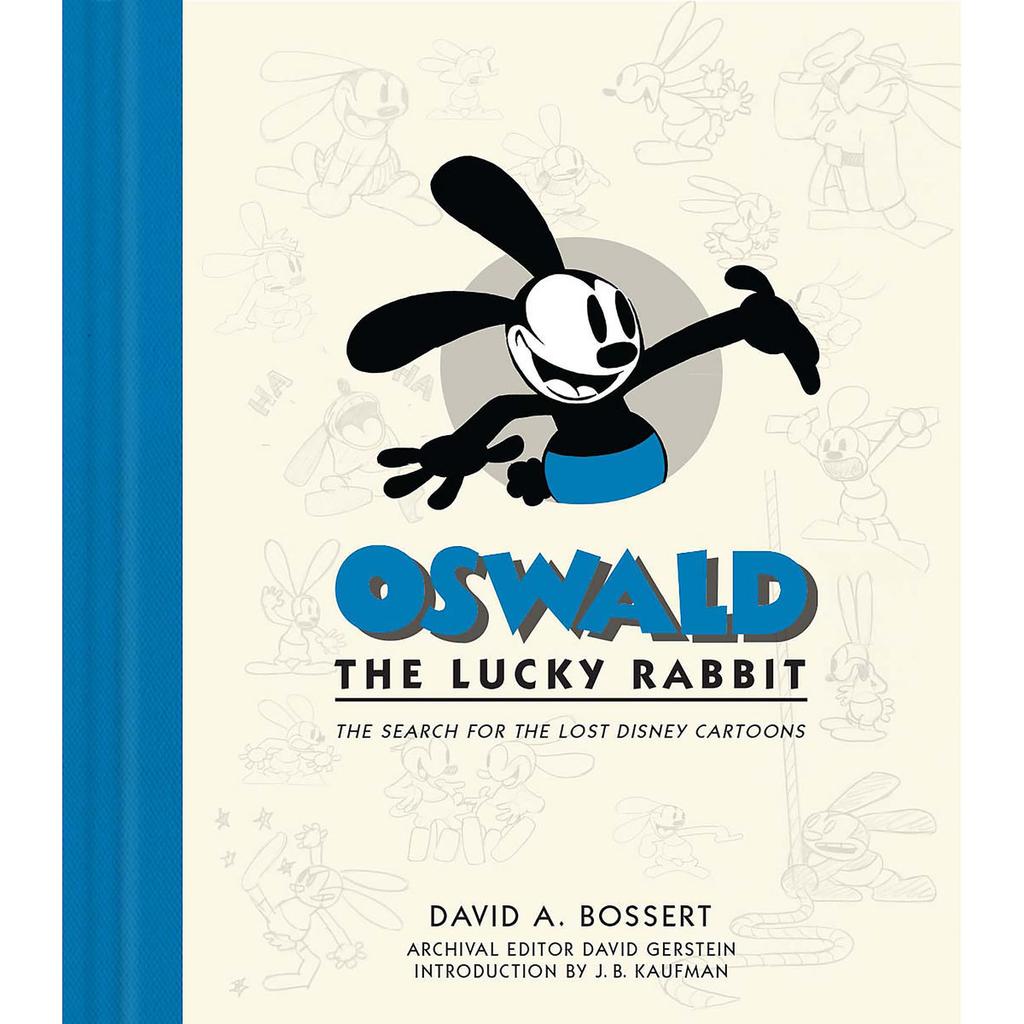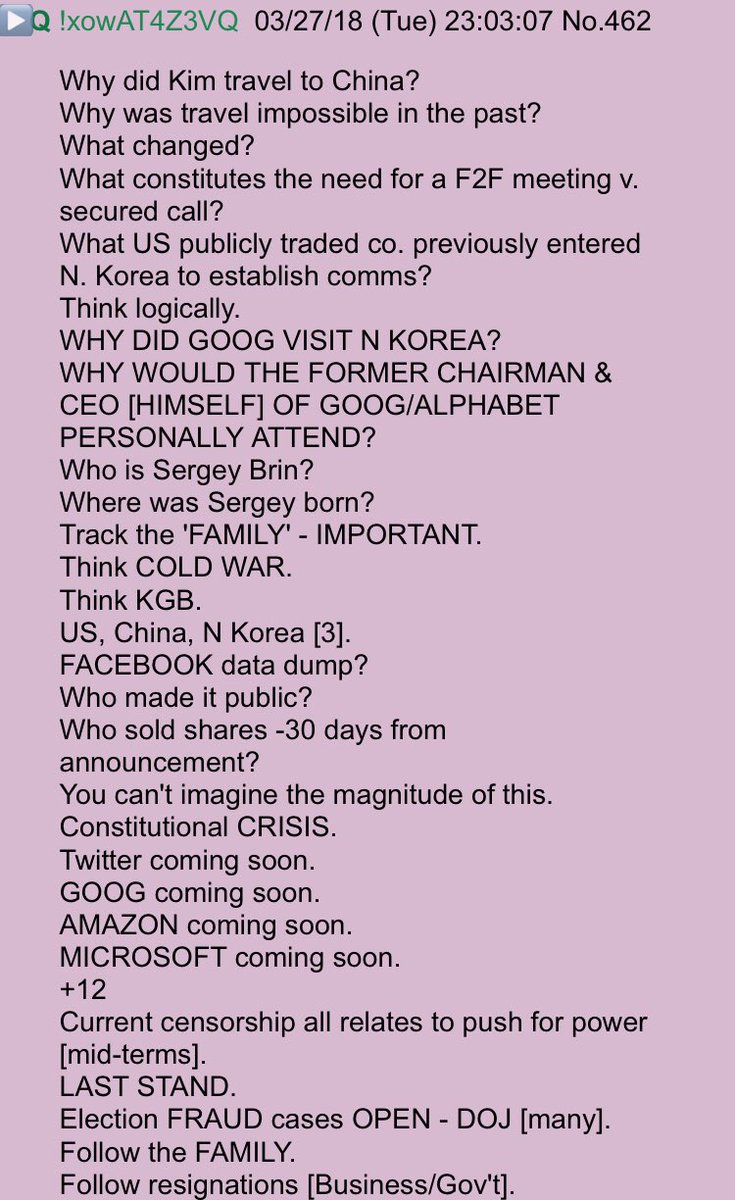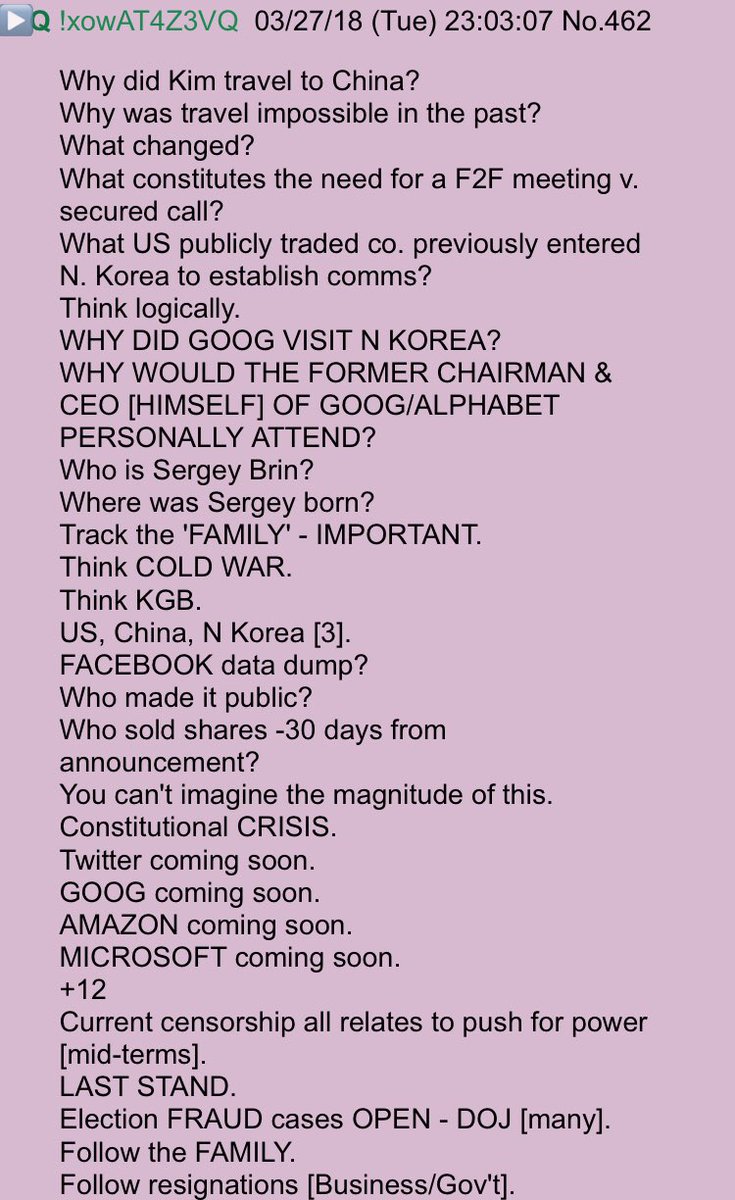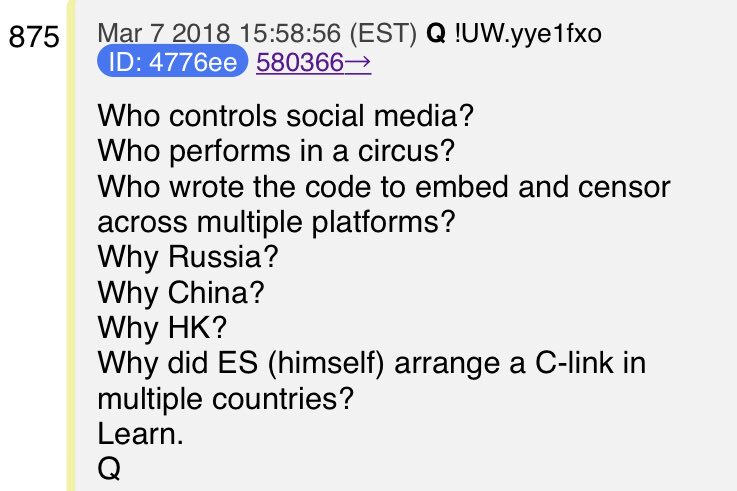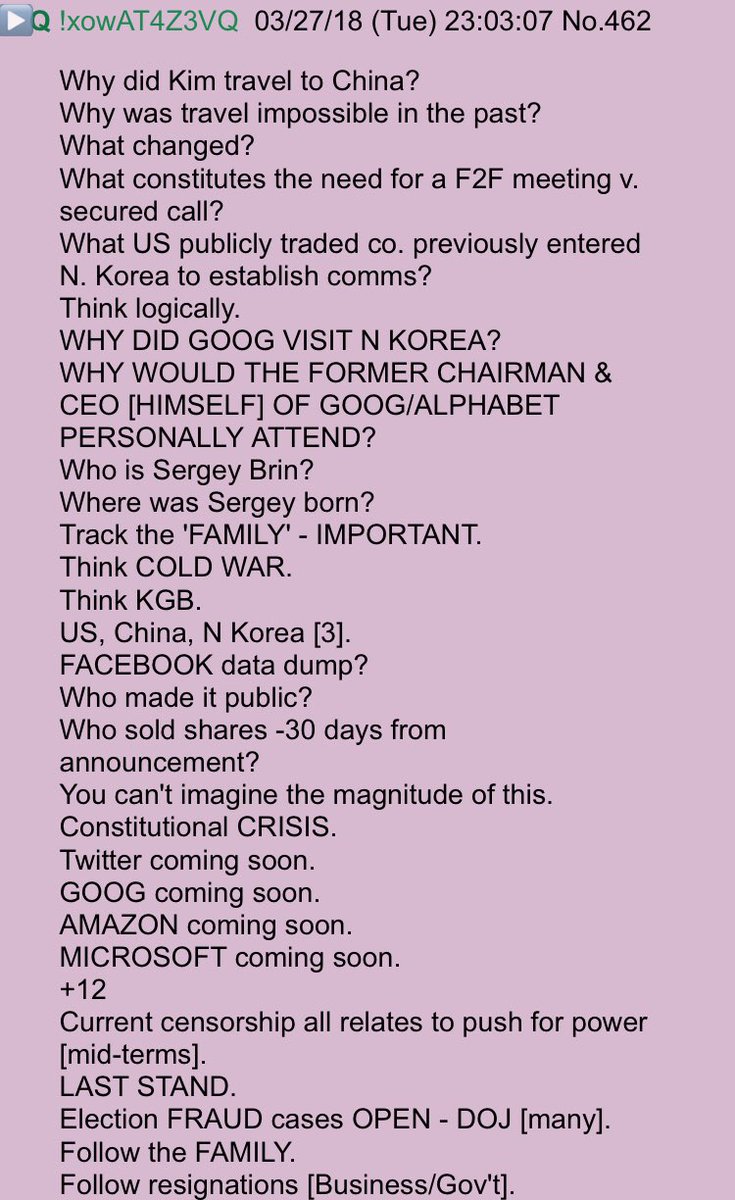Here goes:
We then submitted it to a top...
Reject
But there’s more to the story (the more interesting part)
It turns out there were three reviews. One was by the negative reviewer...
The other two are new reviewers (common practice in sociology in those days). One (Reviewer C) was the ...
What to do? Well, we did something very unusual and questionable: emailed the dude & gave him a piece of our minds!
Yep, this is not something we teach in grad school...
So that’s why I’m writing this: to shed light on what happens when you think you know who a sh*tty reviewer is and you write to him...
The note's subject line: “Your reading for the weekend: why <name of offending theorist> deserves a second chance”...
Over the course of the note, I also noted that we didn’t think his review was a bad one but essentially incredibly niggling and that it did particular damage…
Finally, I ended the email by telling him...
(The note was signed w my name only because...…... my coauthor didn't have a relationship w him)
Let me pause here for a moment. Did we really expect...
But then there was that matter of what we’d say to the editor. Problematic, right? I’ll come back to that later.
So, did he respond, and how?
(I hadn't mentioned the 'normal science' line in my note to him so this was a bit a tell)...
My coauthor and I then each responded with four main points:
(a) since the editor told us that only one reviewer recommended acceptance, was he sure that he checked the right box on the form?
Several days after the initial email, the reviewer sent a concession email:
“I wrote a shitty review of a paper in a rush because it was late because I am doing too much and you believe it was rejected from <journal> because of it…
Ok, so he had conceded!! But did he write the editor?
No. He said he was willing to do so (despite asserting that he hadn’t made the difference)…
If the editor were to ask him whether he had spoken to us, would we back him up in saying that we hadn’t?
You’ll note that we originally suggested he keep it quiet, but said it was up to him. But now he said he...
...
The editor responded with a note, definitively closing closing the case.
Here are a few key lines:
“The project of a disciplinary journal can go forward only under certain arbitrary rules. One of those is that the identity of…
...
“But much of what is transpiring in this correspondence at this point is precisely what the fiction of double-blind review was designed to avoid…
“I have reviewed the instant case. I am confident the journal followed its policies properly, and that being the case I am not going to rethink the judgment, nor am I going to gloss the judgment beyond what gloss has already…
I will close this with four observations.
Second, the editor nicely articulates a very deep point, one that is hard to see outside of cases like this. In short, “blindness” in…
Third, while I wrote in my original note to the reviewer that “sometimes you don’t need networks to figure things out,” I now see this is a problematic statement.
Basically, the…
Finally, I don’t regret what we did. To the contrary, I was glad to have verified that our sense…







